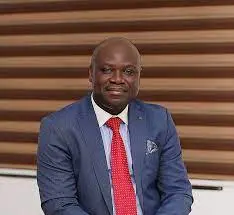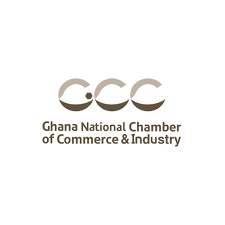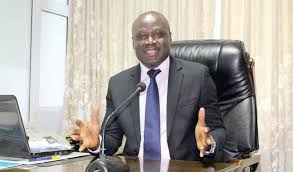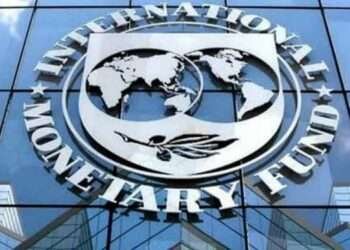Launching the 24-hour economy policy, a key initiative under President John Dramani Mahama’s administration, may not deliver the needed transformation for Ghana’s struggling business environment without broader reforms.
This was the central caution issued by Mark Badu-Aboagye, Chief Executive Officer of the Ghana National Chamber of Commerce and Industry (GNCCI), who argued that structural barriers continue to undercut competitiveness despite signs of macroeconomic improvement.
“Launching a 24-hour economy will not change the harsh business environment that we are facing now. So the first point for me is to look at how we can improve the business environment”
Mark Badu-Aboagye, GNCCI CEO
Addressing recent commentary on the merits of the 24-hour economic model, Mr. Badu-Aboagye acknowledged the positive shifts in Ghana’s macroeconomic indicators but insisted that these improvements alone do not make the local business terrain conducive enough for large-scale manufacturing or export-oriented productivity.
Ghana has in recent months recorded marked macroeconomic gains. Inflation has dropped to 13.7%, the cedi has appreciated over 30%, and gross international reserves have reportedly seen consistent growth. Yet Mr. Badu-Aboagye contends that these gains are not sufficient.

“It is a good start, but it’s not enough. Having inflation down to 13.7 is a necessary condition, but not sufficient to change the structure of the economy.
“We want to see how the lower inflation will reduce the cost of credits. We want to see how the lower inflation will reduce the cost of utility, electricity, and water”
Mark Badu-Aboagye, GNCCI CEO
He emphasized that electricity costs in Ghana remain among the highest in the sub-region, presenting a severe constraint for manufacturers.
“In Ghana, the cost per kilowatt hour for a manufacturing company ranging from 12 to 50 is among the highest kilowatt hours. For them, it’s less than 5 cents. So if you really want to manufacture more, we need to bring down the cost of utility and then cost of credit”
Mark Badu-Aboagye, GNCCI CEO
High Interest Rates
Another key concern raised by the GNCCI head is the country’s stubbornly high interest rates. Ghana’s current policy rate stands at 28%, which translates to commercial lending rates well over 30%.

“No company that would want to manufacture and export will be competitive under this condition. You are borrowing at 35, you are paying high utility tariffs, and then you think that people will buy your product when it gets to the market outside”
Mark Badu-Aboagye, GNCCI CEO
The 24-hour economy, he reiterated, should not be limited to meeting local demand. If it’s for local consumption, he argued then, that there need not be one, because Ghana can produce more to feed itself. “We want to export. That is why the accelerated export is a component of the 24-hour economy.”
Mr. Badu-Aboagye dismissed the notion that longer working hours alone will drive export growth. Competitiveness, he said, is the result of more than just production schedules.
“When you send your product outside, people will not buy it because it’s coming from Ghana – because you have launched a 24-hour economy. People will buy your product because, one, it’s competitive, two, it’s of high quality”
Mark Badu-Aboagye, GNCCI CEO

He referenced Ghana’s participation in the African Continental Free Trade Area (AfCFTA), pointing out that businesses must compete with countries where production inputs are far cheaper. He cited products from North Africa, where cost of production is very low to make his point.
“Let’s look at how the improvement we are seeing now, the lower inflation, the cedi appreciation will now impact on the policy rate,” he said, calling for a clear policy link between macroeconomic indicators and tangible improvements in business conditions.
His comments come at a time when government officials are touting Ghana’s post-crisis economic rebound and using it to justify the roll-out of large-scale policies like the 24-hour economy.
But for the private sector, the message remains consistent: macroeconomic recovery must translate into reduced operational costs, competitive financing, and ultimately, a productive environment capable of sustaining inclusive growth.
READ MORE: Agradaa’s Lawyer Appeals 15-Year Sentence



















